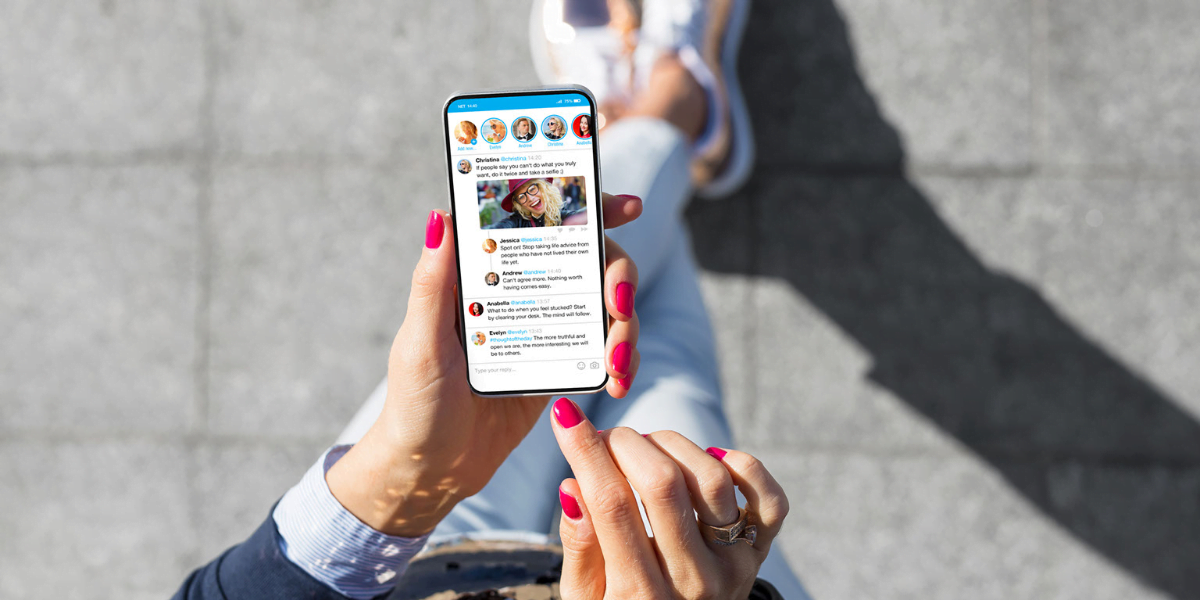Research has found that social media is having an overwhelmingly positive effect on people dealing with illness and patients in rehabilitation.
Despite numerous headlines about the destructive effect of social media, particularly on young people, there are many positive examples of the good it is doing for peer support between individuals and their families and friends facing similar pathologies or mental health problems.
Medical device company CommuniD has been tracking several of these groups and has observed several common benefits:
- The ‘e-patients’ are highly knowledgeable with experience of conditions themselves
- The participants can help manage others’ expectations
- There are no borders such as location, and even language is assisted with in-built translation
- They can help healthcare professionals launch research initiatives and create care guidelines
- Although these groups are not moderated by healthcare specialists, each piece of content is reviewed by the rest of the users in the community. This is self-regulating while providing greater freedom of speech and transparency.
Commenting on the observations, Elvio Gramignano, MD of CommuniD said the social media based peer support groups all sprung up organically.
“Many of these social media-based peer support groups previously would have inhabited bulletin boards and forums, but now it’s social media, where so many people spend so much time.”
“From a wider perspective, social media is a powerful tool to improve health literacy and support patients in having a better understanding of health conditions.”
“It provides an environment that is not constrained by the point of view of one healthcare company or an individual surgeon.”
“The variety is huge, from the major conditions to extremely rare procedures and illnesses.”
Have something to say about this story? Submit your own opinion piece, or quick word, to The Net.

